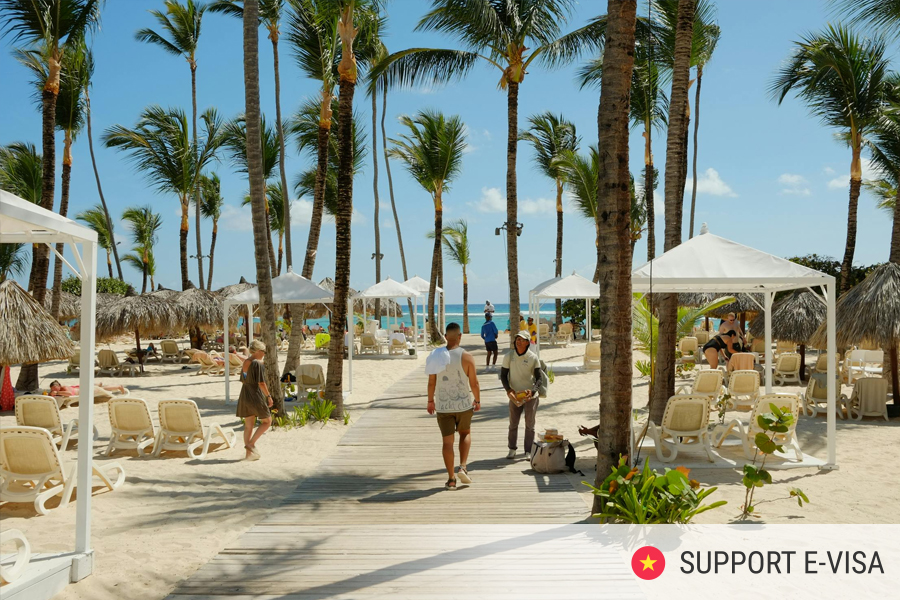Documents You Need for a Smooth Vietnam Entry
15-06-2025
Traveling to Vietnam can be an exciting and unforgettable experience. Whether you're visiting for business, tourism, or family, having the right documents prepared will make your arrival process much smoother. Failing to bring even a single required item can cause delays or, in some cases, entry denial at the airport.
This guide outlines the essential documents you need for a smooth entry into Vietnam—especially for travelers using the Vietnam e-visa system.

1. Valid Passport
Your passport must be valid for at least six months from the date you enter Vietnam. It should also have at least two blank pages for immigration stamps. Make sure your passport is not damaged or expired, as this could result in denied boarding or entry.
2. Approved Vietnam E-Visa (Printed Copy)
If you submitted a Vietnam e-visa application, ensure you’ve received the approved e-visa in PDF format and print it out before your flight. Immigration officers will request a hard copy at the entry checkpoint. This applies to all travelers using the Vietnam visa online system.
The e-visa should clearly display:
- Your full name
- Passport number
- Date of birth
- Valid entry and exit dates
- Entry port
- Reference number from the immigration department
Travelers using Vietnam e-visa for Chinese passports should double-check character formatting and translation to ensure it matches their passport exactly.
3. Return or Onward Ticket
While not always enforced, some immigration officers may ask for proof that you plan to leave Vietnam before your visa expires. This can be a flight ticket back to your home country or to another destination.
Tip: Have a printed or digital copy ready in case it's requested.
4. Proof of Accommodation
You may be asked to show your hotel booking, Airbnb reservation, or the address where you'll be staying. This helps immigration verify your travel intent and location during your stay.
Even if it's not always requested, carrying a printout or screenshot of your accommodation details is a good precaution.
5. Health-Related Documents (If Applicable)
While Vietnam has relaxed most health entry requirements, regulations may change based on global health updates. It’s a good idea to check with your airline or Vietnam e-visa agent for the latest rules regarding vaccinations or health declarations.

6. Additional Supporting Documents (for Business Travelers)
If you're attending a conference, meeting clients, or conducting business, it helps to bring an invitation letter or event registration. These documents are especially useful if immigration officials ask about the nature of your visit.
Bonus Tip: Organize Documents in Advance
Place all important travel documents in your carry-on, not your checked luggage. Organize them in a folder or travel wallet so you can easily present them during check-in and immigration.
Apply now at supportevisa.com
Or message us via our Fanpage anytime!

